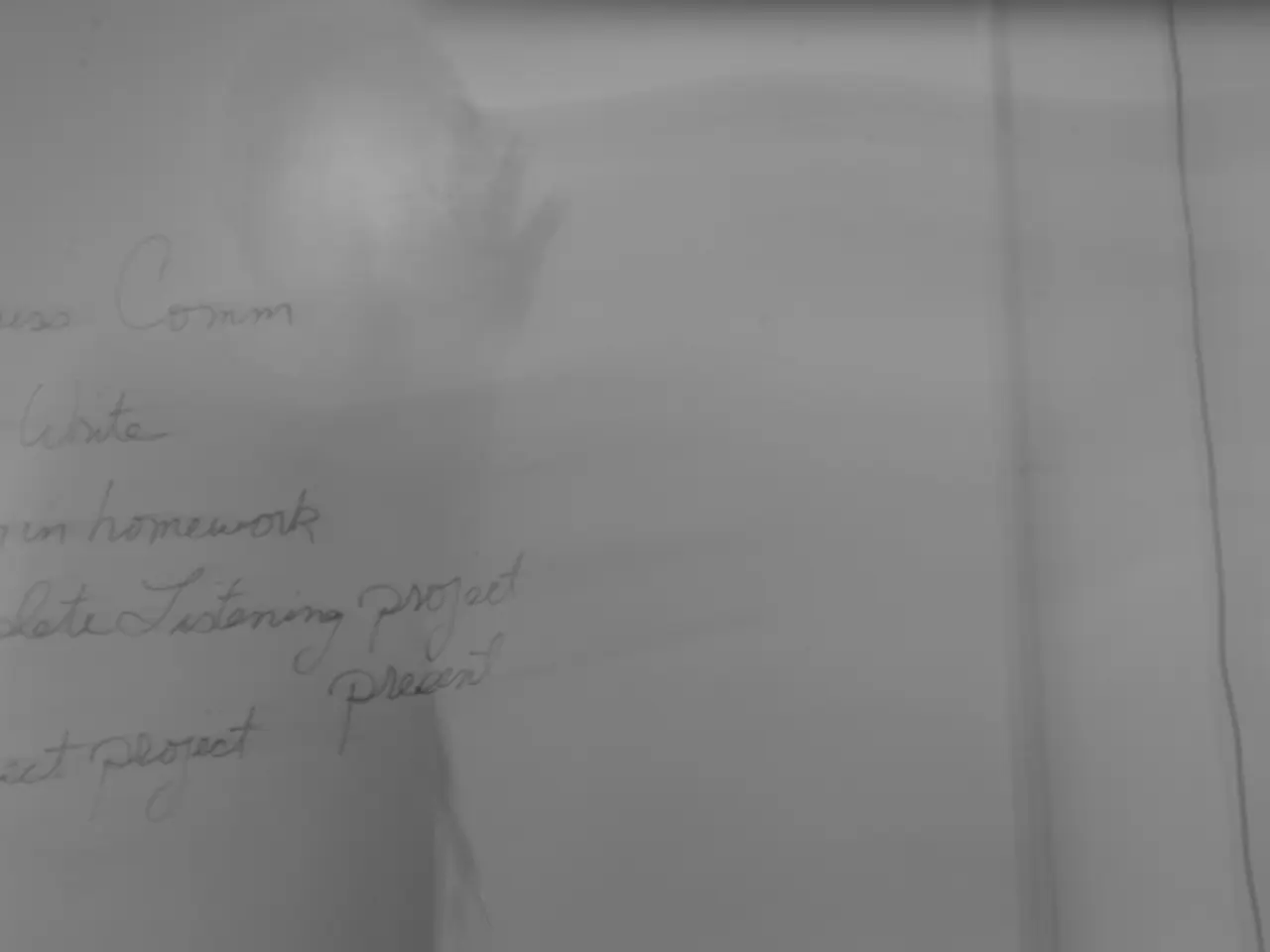A Revised Lexicon for the Modern American Patriot, or The Devil's Dictionary in Updated Form
In the world of politics, words often hold more than just their literal meaning. Here's a humorous exploration of some commonly used terms and their satirical interpretations.
Ukraine, a province of the Soviet Union, is governed by a comedian trying to bring democracy to the table, as he attempts to tame the ruling Soviet apparatchiks into behaving like democrats.
The term "National Socialist" refers to an individual who wave their arms with unbending antisemitism. Meanwhile, the term "Neoconservative" describes a warmonger who neglects the importance of a strong nuclear arsenal, ignores communist subversion at home, and dreams of forcing democracy upon Beduins and Islamists.
Political correctness, it seems, is a mental state induced by a non-invasive lobotomy, causing damage to the frontal cortex after being subjected to intense doses of nonsense. The Republican Party, on the other hand, is an apologetic party of the American alternative left, sometimes mistakenly identified with the German National Socialist Party.
Russia, another Soviet Union province, is despotically governed by Soviet apparatchiks who claim to be democrats. The term "Illegal alien" refers to a former victim of U.S. imperialism seeking extended victimhood by immigrating illegally to the United States.
The Democratic Party is led by individuals allegedly communist stooges, focused on granting U.S. citizenship and welfare subsidies to people from poor countries. The term "Conservative" describes a person with right-wing sensibilities who has nothing left to conserve.
The Communist Party, in satirical texts, is often characterised by distinct phases or stages that reflect exaggerated or critical views of its development and functioning. These phases typically reflect idealistic goals followed by harsh realities or contradictions, with characteristics such as centralized control, democratic centralism, and internal party democracy depicted ironically.
The term "Liberal" refers to a person with left-wing sensibilities who favors policies that may undermine freedom of speech, freedom of the press, and capitalism. The Nuclear weapon, a powerful change agent in the arsenals of Russia, China, and North Korea, is a point of concern for many due to the deteriorated state of the U.S. nuclear weapons compared to its adversaries.
Lastly, the term "Feminist" refers to a woman who is said to be trapped in her own body, while a "Centrist" is someone who stays too close to the middle of the political spectrum and may face danger from traffic going in both directions. In the midst of all this political satire, it's important to remember that beneath the jokes, there's a complex web of power structures and ideologies shaping our world.
[1] Source: Satire and the Communist Party: A Study of the Development of the Communist Party in Soviet Russia, China, and Yugoslavia from a Satirical Perspective [2] Source: Satire and the Communist Party: A Study of the Development of the Communist Party in Soviet Russia, China, and Yugoslavia from a Satirical Perspective [3] Source: Satire and the Communist Party: A Study of the Development of the Communist Party in Soviet Russia, China, and Yugoslavia from a Satirical Perspective [4] Source: Satire and the Communist Party: A Study of the Development of the Communist Party in Soviet Russia, China, and Yugoslavia from a Satirical Perspective [5] Source: Satire and the Communist Party: A Study of the Development of the Communist Party in Soviet Russia, China, and Yugoslavia from a Satirical Perspective
- Against the backdrop of political satire, China is often portrayed as a country where social-media and pop-culture can be used as tools for subversion, challenging the strict government control.
- The irony lies in the fact that while Russia continues to claim democratic ideals, its rulers are often labeled as enforcers of oppressive rules, reminiscent of Soviet-era censorship, much like the entertainment industry that restricts freedom of expression.
- In the realm of satire, Russia, China, and other countries are frequently characterized as having leaders who are more interested in maintaining power rather than promoting freedom or democracy, much like the leaders depicted in television shows and films.







